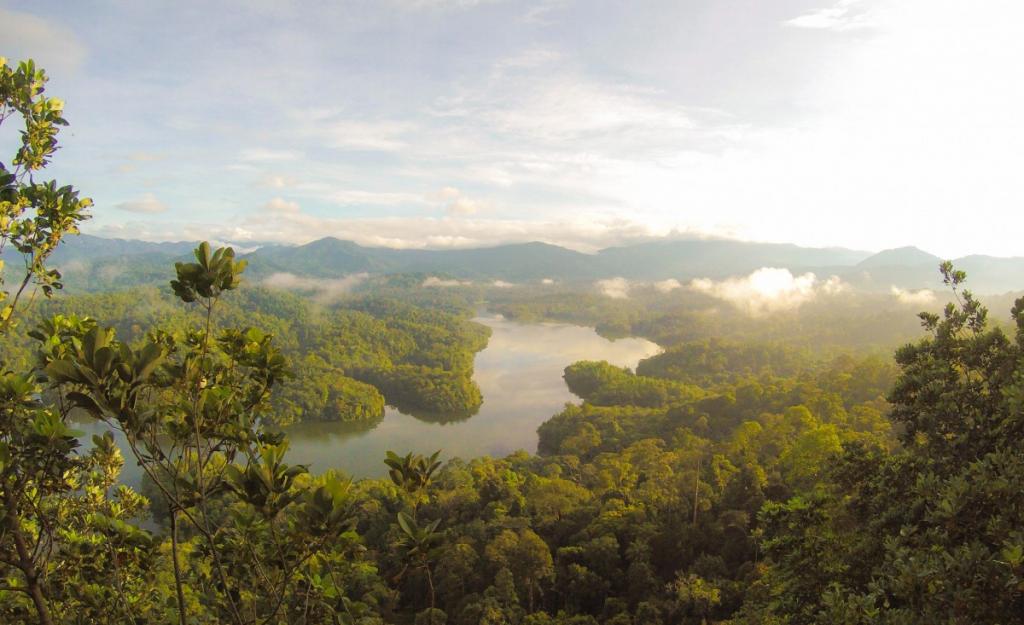Economic growth has set to be the priority for national governments over environmental and social agenda due to the COVID-19 pandemic. This article identifies principles for reducing adverse impacts of large-scale investments during and after COVID-19.
National governments, International Financial Institutions, and the G-20 have intensified investments of infrastructure to boost economic growth in the wake of economic recessions and the impacts of the COVID-19 pandemic. This infrastructure enables investments in large-scale agriculture, ranching, mining, and oil and gas extraction which tend to intensify the current inequalities. These activities is slated to occur in tropical forests and on lands historically occupied by Indigenous, Afro-Descendant, Traditional and other rural peoples. This has unprecedented negative impact on the ecosystem, the biodiversity as well as on the peoples.
This article calls for a 'three-leg' agenda to align infrastructure, development, and sustainability. The first one deals for the stakeholders and society at large to rethink our understanding of the relationships between infrastructure and development. The second one involves with infrastructure planning and decision-making which must be based on territorially-based planning that includes all voices that are affected by these changes. Lastly, approaches to infrastructure planning must greatly expand the scope for public debate and oversight of what infrastructure is needed.
To read the full article, please follow this link.


